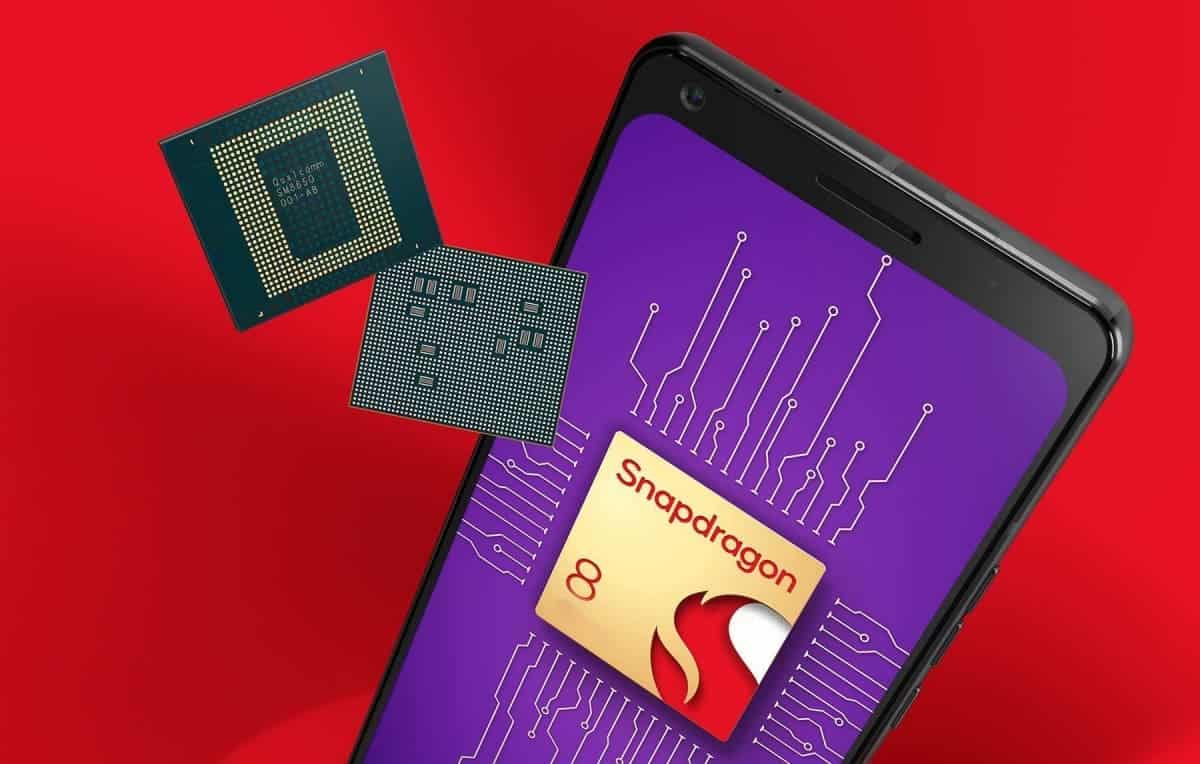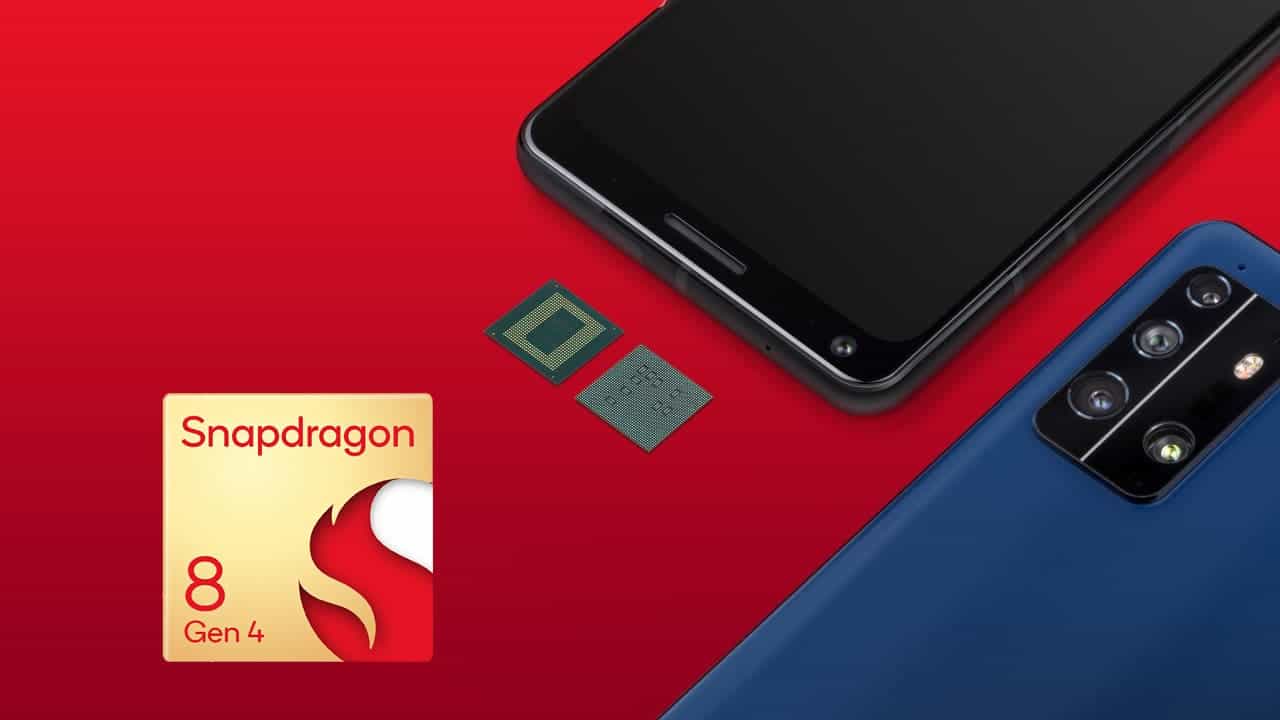For years, Apple’s A-series chipsets have reigned supreme in terms of raw processing power for smartphones. However, Qualcomm’s Snapdragon chips have been steadily closing the gap with each iteration. Now, reports surrounding the upcoming Snapdragon 8 Gen 4 suggest it might finally surpass Apple’s A18, which is expected to power the iPhone 16.
Snapdragon 8 Gen 4 vs Apple’s A-Series? Benchmark Comparaison

While flagship phone performance has already surpassed most users’ daily needs, the demand for additional processing power remains. This is particularly true with the growing emphasis on artificial intelligence (AI) capabilities and the increasing lifespan of Android devices, where longer software support necessitates a more powerful foundation.
A recent report originating from South Korea, reported by Notebookcheck, claims that the Snapdragon 8 Gen 4 will outperform the Apple A18 in benchmark tests. The report suggests a single-core score of 3,500 for the Snapdragon 8 Gen 4. Compared to a projected maximum of 3,300 for the A18. Additionally, the report indicates that the Snapdragon 8 Gen 4 will boast superior multi-core performance. And a faster graphics processing unit (GPU).
The potential edge for the Snapdragon 8 Gen 4 could lie in its new Oryon cores. Unlike previous generations that relied on licensed Arm cores, Qualcomm has designed custom Oryon cores for the Snapdragon 8 Gen 4. These cores were originally developed by Nuvia, a company acquired by Qualcomm in 2021 specifically to enhance competitiveness against Apple.
Furthermore, the Snapdragon 8 Gen 4 is reported to be Qualcomm’s first chip manufactured on a 3nm process. Signifying a significant leap in miniaturization and potentially leading to improved efficiency. Some reports even suggest the chip will exclusively utilize Phoenix performance cores, further bolstering its raw processing power.
The Upcoming Snapdragon 8 Gen 4: Closing in on Apple’s A18 with Precision and Power

Qualcomm appears to be pulling out all the stops to deliver a substantial performance boost with the Snapdragon 8 Gen 4. The report claims a peak clock speed of 4.3 GHz for the main core. A significant increase over the 3.30 GHz of the Snapdragon 8 Gen 3’s Cortex-X4 cores. However, this higher clock speed typically translates to increased power consumption. With the report suggesting a potential voltage draw of 1.3V.
This raises concerns about potential overheating issues in Snapdragon 8 Gen 4-powered phones, which could undermine user experience. Additionally, the single-core score of 3,500 seems like a significant leap compared to the 2,187 achieved by the Samsung Galaxy S24 Ultra.
Therefore, while the combination of custom cores and a more advanced manufacturing process could propel the Snapdragon 8 Gen 4 ahead of the A18, the actual performance margin might be lower than the report suggests. It’s also worth noting that Qualcomm might be testing multiple variants of the Snapdragon 8 Gen 4. A previous report indicated a lower-clocked version achieving single-core and multi-core scores of 2,845 and 10,628, respectively. In this scenario, the A18 could still retain its performance lead.
The Gaming Landscape and the AI Frontier
The potential performance boost of the Snapdragon 8 Gen 4 could also have a significant impact on the mobile gaming landscape. If the GPU improvements translate to smoother frame rates and higher resolutions for demanding games, it could attract more hardcore gamers to the Android platform. Additionally, the improved AI capabilities could lead to more immersive gaming experiences. With features like real-time ray tracing and AI-powered character behavior.
The potential for advancements in AI processing power is another exciting prospect. Faster AI processing could lead to faster image and video editing on mobile devices, more accurate voice recognition and translation features. And potentially even contribute to the development of more sophisticated on-device machine learning applications.
Ultimately, real-world performance comparisons will be crucial in determining whether the Snapdragon 8 Gen 4 truly dethrones the A18. Beyond benchmark scores, factors like battery life, thermal management, and real-world application performance will all play a role in the user experience. We can expect more concrete details to emerge closer to the official launch of the Snapdragon 8 Gen 4, which is anticipated for October 2024.





